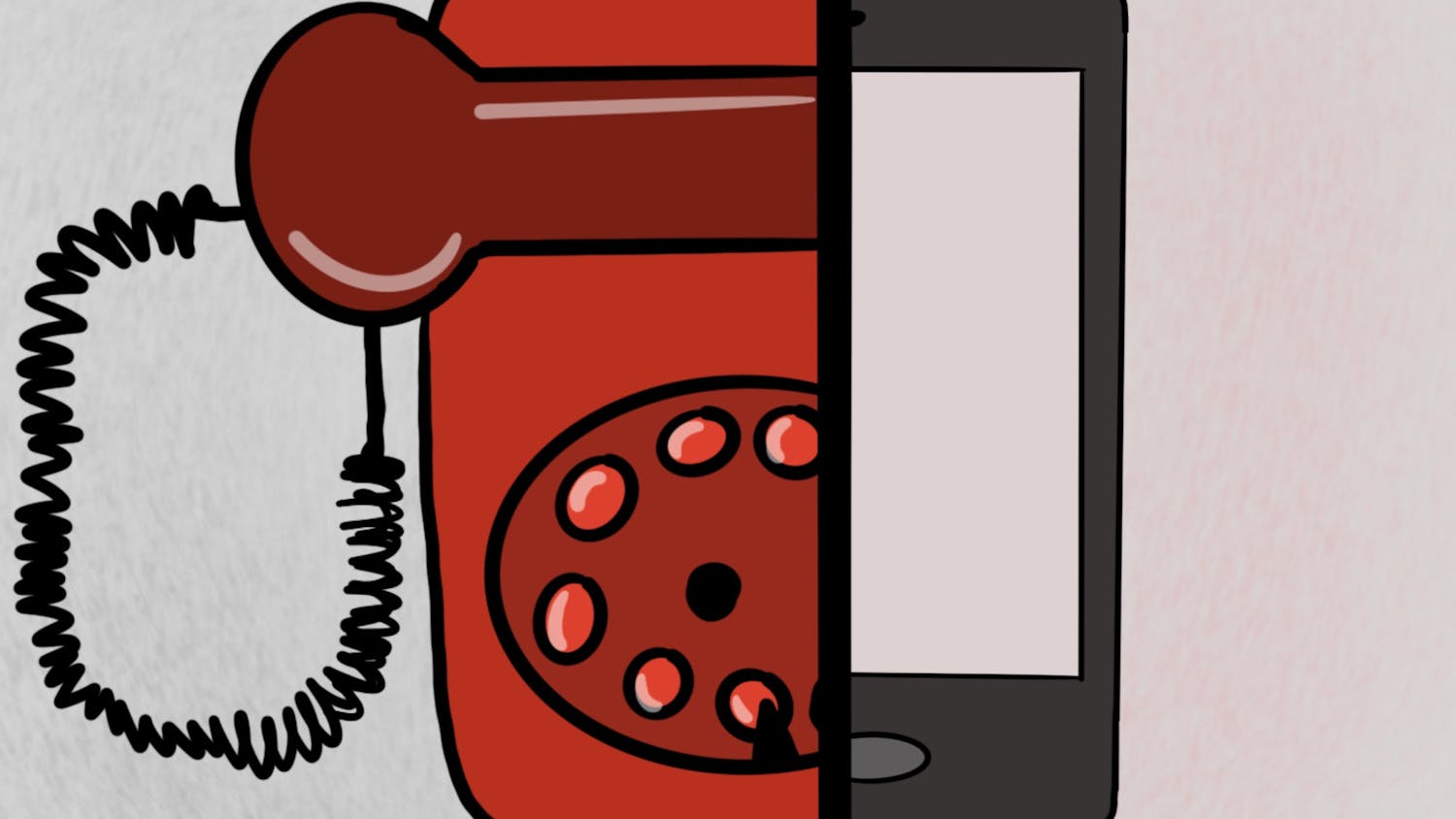Queer comedy is rising, and Madeline Olneck, whose movie The Foxy Merkins is now on Netflix, visited OU to workshop with students on writing LGBT characteres.
Catherine Weingarten, a first-year graduate student pursuing a master’s of fine arts in playwriting, draws from her own personal experience in her work.
Weingarten questioned her sexuality as an undergrad and described herself as having a lot of gay friends, which led her to become curious about life experiences and issues in the LGBT community.
“I thought, ‘What would that be like (to be gay)?’” she said. “I was sort of obsessed with that question, and I wanted to explore it in my play.”
A short play of Weingarten’s, “You Looked Hot When You Stole that Dress from Walmart,” premiered in New York at the Fresh Fruit Festival, an event that celebrates LGBTQ arts and culture. The play explores LGBT relationships and female experiences.
Writing LGBT characters can be a tricky process, said Delfin Bautista, the director of Ohio University’s LGBT Center. Bautista added that although non-LGBT writers can sometimes perpetuate stereotypes when writing for queer lives on stage or in movies, especially in comedy, it is still possible when done right.
{{tncms-asset app="editorial" id="d62daade-ce8b-11e4-822f-fb063a8565ca"}}
“No one depiction or representation is going to capture everybody, but just try to learn and inhabit those shoes as best as one can,” Bautista said. “There are things that I can joke about that non-LGBT people cannot joke about, similar (to how) there are things a Latino can joke about that non-Latinos cannot joke about. Where the line is drawn is anyone’s guess, we are all trying to figure out where that line is.”
Weingarten said she tries to avoid being cliché in the storylines for her LGBT characters.
“There’s a lot of corny plays that are coming-out plays,” Weingarten said. “I have a lot of friends that are gay and they’ll see those plays and say, ‘Why are the only gay characters representing such a big problem? They’re gay, and everyone’s crying.’”
Most of Weingarten’s plays are comedic. LGBT characters aren’t hard to find in comedies. Out of the 102 films GLAAD analyzed, the most common place to find LGBT characters in the major studios’ 2013 releases were in comedies, according to the organization’s Studio Responsibility Index.
GLAAD found that 16.7 percent of all the films it analyzed contained LGBT characters, but 42.1 percent of comedies did.
LGBT characters have also made their way into mainstream media, with shows such as Modern Family. Bautista said the sitcomhas, for the most part, portrayed the gay community in a non-stereotypical fashion.
“Cameron is a big guy. Mitchell is not a body builder. Physically, they broke a lot of stereotypes,” Bautista said. “Also that they’re a couple that want to have a family. (It is interesting how they are) exploring what it means to their careers and being a parent.”
{{tncms-asset app="editorial" id="2f98b8bc-dd95-11e4-9c7a-cfa147b77364"}}
Madeleine Olnek, who visited the Women’s Center last week to workshop with students, has written five films involving LGBT characters. One of her films, The Foxy Merkins, was shown at the Athens International Film + Video Festival last week and is also available for live streaming on Netflix.
“Things (in the LGBT community) change so much from year to year in a way that’s just shocking,” Olnek said at the workshop. “If you’re trying to write and you’re writing in a way where there’s a point you’re trying to make to the audience, by the time your play or movie is finished, that point may no longer need to be made.”
Olnek, Bautista and Weingarten all agreed that while queer comedy is challenging, it is important to be able to laugh at oneself.
“So much queer stuff can often feel really serious,” said Sarah Jenkins, program director of the Women’s and LGBT centers. “That is also important, but it’s also important to laugh.”
@rachel_hartwick






